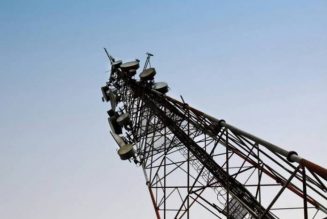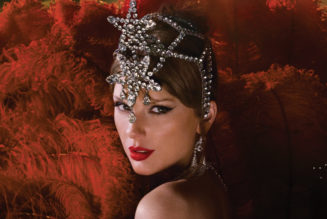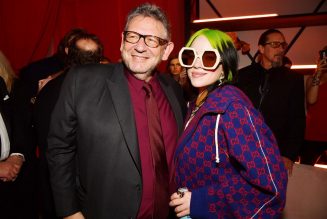This is an opinion column. The thoughts and viewpoints expressed are those of the author, Richard James Burgess. Burgess, who is credited for coining the music genre terms “EDM” and “New Romantic,” is the CEO of the American Association of Independent Music (A2IM).
On its face, Spotify’s Discovery Mode might seem like a boon for some artists. Agree to accept a reduced royalty rate and the platform’s algorithms will suggest that artist’s music to more users—in hopes of expanding their base of listeners.
But the scheme will most likely generate more profit for Spotify while hurting the very people Discovery Mode is alleged to benefit: artists and listeners.
Spotify’s Broken Promise to Listeners
When Spotify launched, its premise was an exciting one for music lovers: log in and hear new artists and songs based on your music preferences and listening behavior. It was a smart way for listeners to get outside of their audio boxes and discover music they wouldn’t otherwise encounter.
But rather than suggesting music tailored to a listener’s preferences, the Discovery Mode feature feeds audiences the music that saves Spotify the most money.
The Illusion of Exclusivity
Discovery Mode doesn’t hide the fact that it’s pay-for-play. By agreeing to accept less in royalties, your songs can be presented to a wider group of listeners.
But what if an artist doesn’t agree to take that cut? They’ll get left out. Because of this, the pressure may build for every artist to take part in Discovery Mode.
Recommended Articles
And what happens when most artists take part? Once most artists cave in and sign up, Discovery Mode will present all those artists’ music as part of its algorithm. The result is clear: Spotify will take a larger cut of the royalty pool, reducing all artists’ royalties whether they participate or not.
Artists Express Concerns
Numerous artists—even those who are grateful for the part that Spotify has played in their careers—are voicing their concerns about the potential negative impacts of Discovery Mode. Two self-releasing EDM artists, Kédo Rebelle and Approaching Nirvana, are among those speaking out.
Rebelle, who has approximately 150,000 monthly listeners on Spotify, credits the platform for supporting his career more than any other streaming service.
“Spotify has the tools to make this new mode something to really set themselves apart from the rest,” Rebelle said. “If they revised it to where smaller creators were actually exposed to a wider market, it would be groundbreaking and revolutionary. But you cannot add a feature that is only beneficial to those who are paying. Nothing good can come from a feature that can be manipulated by money, because where there’s money, there are those who will abuse the new mechanism and leave everyone else behind—and that is not fair.”
Andrew Sinclair, who makes music as Approaching Nirvana, also expressed gratitude for the ways that Spotify has been integral to his success as a musician. At the same time, the new feature has raised his alarm bells—especially as it pertains to the feature’s effect on independent artists.
“When I heard about the new Discovery Mode, I was very interested, but I quickly realized there was a catch. In order to use this feature, you have to pay, and my fear is that it would turn discoverability on Spotify into pay-to-play,” Sinclair said. “Those with large budgets could throw money at the system in order to dominate discoverability. In time, all the larger labels would most likely absorb these costs as a normal part of business and those with smaller budget—independent artists and labels—would be earning less money for the same amount of streams because they can’t compete for discoverability. Because money is involved, it has the potential to provide less value to the average Spotify listener and could also provide an unfair market for music creators.”
Speaking Up for Artists and Music Lovers
Spotify is a technology company that uses music to make money for its corporate shareholders. As someone whose life’s work is standing up for the rights of independent artists, I understand that Spotify must run a profitable company.
But I must speak out when I see any company rolling out a feature that may be detrimental to both artists and their fans.











